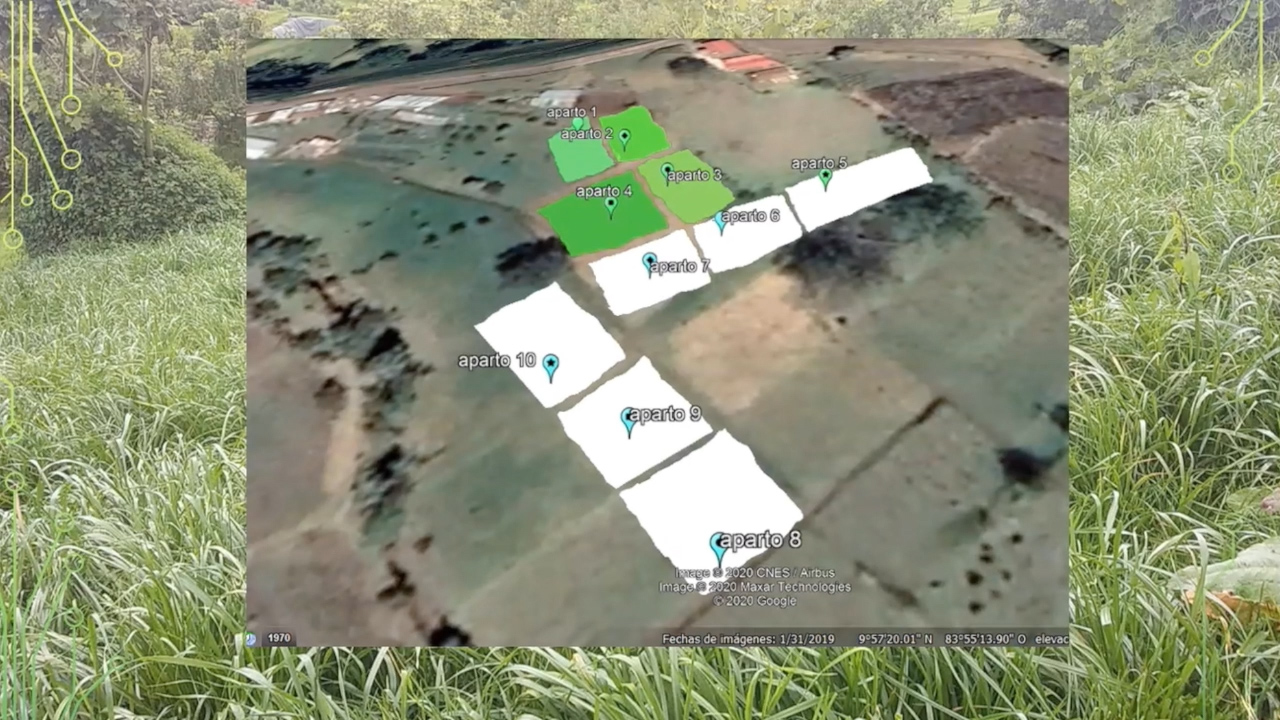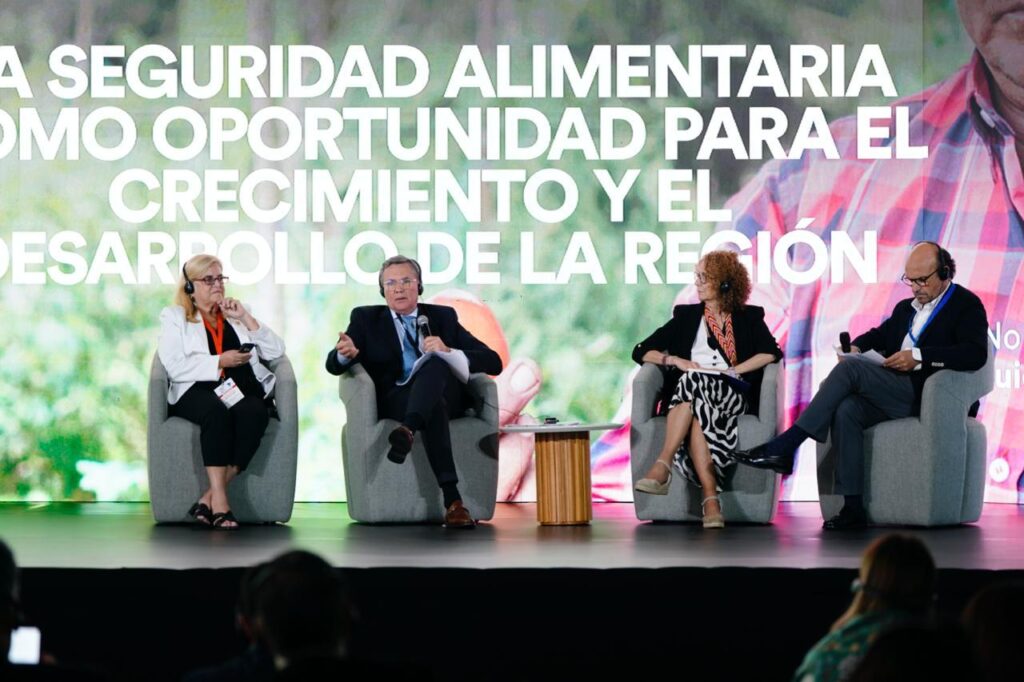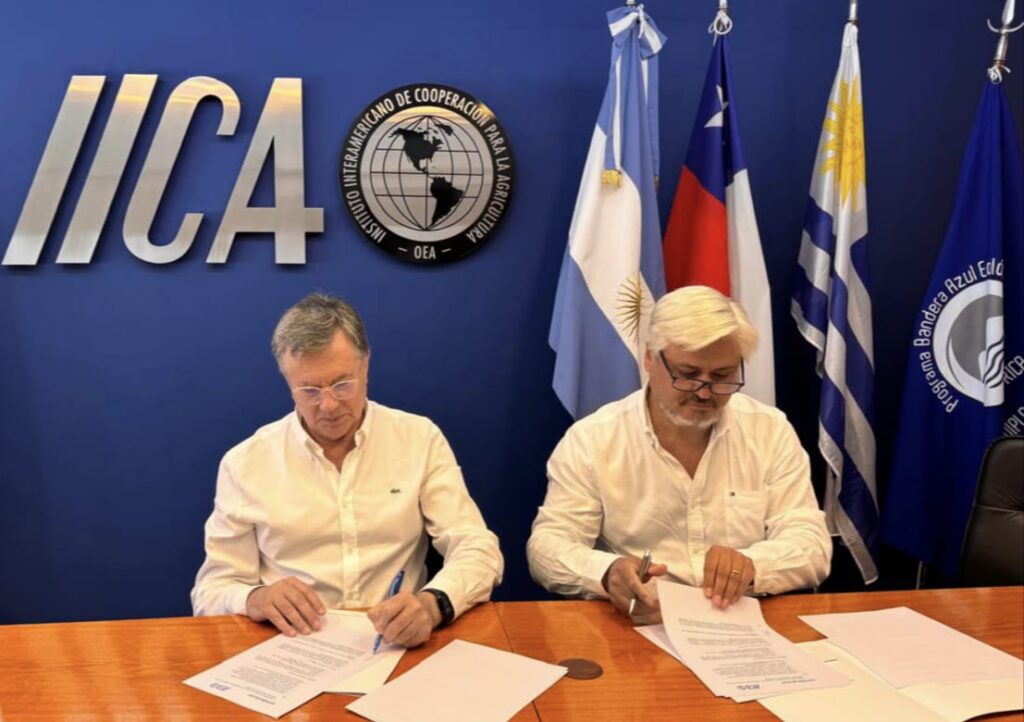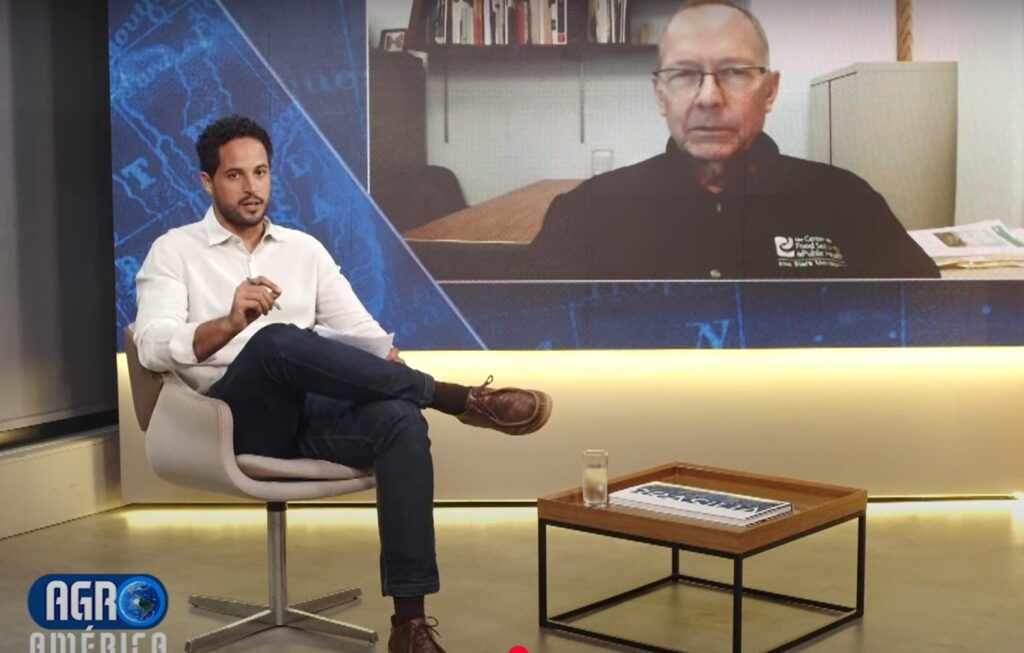Projects related to reforestation, the recovery of biodiversity and water resource management, among other topics, were developed by youth from rural areas of Costa Rica during a virtual competition organized by the School of Geography of the University of Costa Rica, the UNDP and IICA.

San Jose, 25 November 2020 (IICA). – During the recent Virtual Rally of Geospatial Technologies held in Costa Rica, about twenty women from rural areas in the country sought to close gaps in order to generate a positive impact on the quality of life in their communities and on the environment through technology.
The initiative was organized by the School of Geography of the University of Costa Rica (UCR), the Inter-American Institute for Cooperation on Agriculture (IICA) and the United Nations Development Programme (UNDP).
Participants received trained in the open-access tools Mobile Topographer, Kobo ToolBox, Google Earth and ArcGIS Online. These tools will allow them to collect and process data in their communities; create maps of rivers, crop areas and points of sale of agricultural products; and assess key aspects to facilitate their decision making regarding the sustainable management of natural resources.
The projects developed during the rally were presented to leading Costa Rican professionals in the fields of science and technology, such as Sandra Cauffman (who works at NASA) and Sofia Brenes (Google News).
“The rally, which was held virtually, will enable women to implement innovations in the rural sector, with a view to narrowing the gap in the access to innovation and technology and achieving more equitable use of these tools”, stated Sacha Trelles, Technical Coordinator of the IICA Delegation in Costa Rica.
The 21 participants developed projects related to reforestation, the recovery of biodiversity, public sewerage, the improvement of pastures for livestock feed, water resource management, environmental management in communal aqueducts, agrotourism and agribusiness.
One noteworthy project was Lapa Verde, created by Andrea Alvarado (from Los Santos de Upala, in the northern region of Costa Rica), which utilizes geospatial tools to register and monitor reforestation efforts in the community.
“When I was a child, this area was inhabited by green macaws. However, due to poor management of natural resources, these birds have ceased to visit the area”, remarked Alvarado.
Marcia Redondo, from the province of Cartago, presented a project that involves the production and commercialization of edible mushrooms. Through an application, she is able to monitor humidity levels in the areas where the mushrooms are grown, and to connect to customers within and outside of her community through maps.
“I developed this project by growing a high-protein product that contributes to a healthier diet and sustainable production”, stated Redondo.
Before the eyes of experts
As part of the virtual rally, participants recorded an elevator pitch to present their projects to potential partners and sponsors. Prominent Costa Rican professionals in the field of science shared motivational messages and their observations about the initiatives.
Sandra Cauffman, Deputy Director of the Earth Science Division of the National Aeronautics and Space Administration (NASA) of the United States, stated that, “With hard work and effort, we can go as far as we want. Young Costa Rican women must capitalize on technology and education opportunities available both within and outside of the country”, she remarked when speaking to the group of rural women.
Sofía Brenes, who works as a Senior Software Engineer for Google News and was recognized by Forbes Central America magazine as one of the most outstanding women in the region in 2019, also participated.
“Careers in science, technology, engineering and mathematics (STEM) are very important for women. We must take advantage of education because it enables us to achieve economic independence, which is the key to everything”, noted Brenes.
One of the goals of the rally was for young women and their technological developments to serve as agents of change for other women and girls.
“Through their enthusiasm, strength and intelligence, this group of creative leaders is bridging gaps. Women’s inclusion and empowerment in the use of technology is key to achieving the Sustainable Development Goals (SDGs)”, stated Jose Vicente Troya, UNDP Resident Representative in Costa Rica.
Rafaella Sánchez Mora, Coordinator of the UNDP Technical Unit for Gender Equality and Women’s Empowerment in Costa Rica, considered that “this initiative is very valuable because it allows local stakeholders to develop innovative solutions that respond to community issues, while recognizing women’s contributions to the achievement of the SDGs”.
According to Pascal Girot, Director of the School of Geography of the University of Costa Rica, “these young women’s drive is a ray of light and hope during the pandemic, when negativity abounds. I applaud their capacity to co-create and capitalize on knowledge to achieve progress in developing solutions. That is the way forward to reach our goals”.
This event followed up on the Women and Agriculture: Geospatial Technologies Rally, carried out in February 2020 in collaboration with the UCR School of Geography. It was also preceded by the First Rally of Geospatial Technologies organized by that school and the UNDP.
Learn more about the projects:
More information:
Institutional Communication Division
comunicacion.institucional@iica.int










